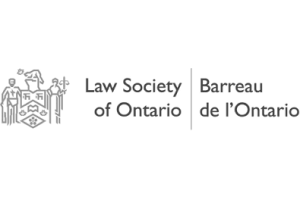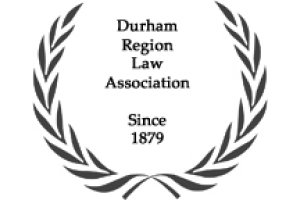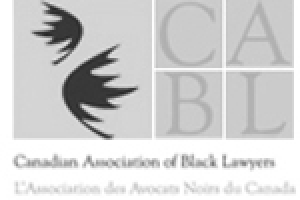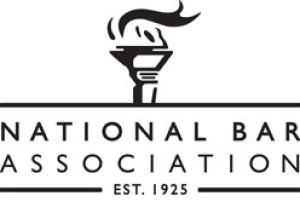What Are Some of the Legal Terms and Their Definitions That Are Being Used by Lawyers?
Understanding Legal Lingo: Terms you may hear when talking to lawyers and lay people.
Attorney – in Canada this is not a lawyer. This is the person you name in your Power of Attorney to represent you in the event that you are incapacitated.
Capacity – mental capacity is determined by a medical professional. The loss of mental capacity is often required to activate a Power of Attorney and a medical assessment will be required.
Contingency Fee – this is an agreement between lawyer and client that the lawyer will be paid once the claim has been settled and is usually a percentage of the settlement.
Damages – the term used to refer to the losses suffered by a wronged or injured party. Damages can be for “pain and suffering” or calculable losses, such as lost wages or medical costs incurred.
Death Taxes – this is the common name for the Estate Administration Tax that is paid to the Ministry when an application is presented for either a Certificate of Appointment with a Will or a Certificate of Appointment Without a Will. The fees are the same for either Application. This phrase is often expanded for all of the taxes an estate pays when converting RRSP’s, RRIF’s, stocks, and property before the asset can be transferred to a beneficiary.
Defendant – the person that is being sued in a Civil Action
Disbursements – these are expenses that can be attributed to a specific client matter. Generally they are billed to a client file as a matter progresses and include items such as court filing fees, the cost of medical reports and records, mail and courier charges and travel costs for out of office visits.
Examination for Discovery – this is a question and answer session, under oath, before a reporter, when a Plaintiff or Defendant is asked about the events that gave rise to the action. The Plaintiff will also be asked to give evidence about the damages sustained as a result of the injury. On U.S. television this is usually called a deposition.
Executor/Executrix – person named in the Will by the Testator/Testatrix to handle the estate or the person appointed by the court in the case of the deceased having no Will. The term has been updated to be Estate Trustee but is rarely used except by the courts or banks.
Intestate – dying without a valid Will
Living Will – vernacular for Power of Attorney or any document that sets out how you want your affairs and your medical situation managed while you are still alive
Negligence – failure to give someone or something enough care or attention. A determination of fault. Fault can be divided between two or more parties. This is the basis for civil actions and requires proof of a lack of failure to meet the standard of care.
Non-Economic Loss Award or NEL – this is an amount paid to you or your family to compensate you for an injury which award is based on the seriousness of the injury to you. Another way to think of this is compensation for “pain and suffering”.
Notarize, or get Notarized – this is either having your signature sworn before a Notary Public or having a document notarized in that a Notary Public prepares and signs a Certificate that accompanies a document that states that the copy is exactly the same as the original
Plaintiff – the person commencing a Civil Action
Power of Attorney for Heath – this is a signed and witnessed document that appoints a person you trust to make medical decision and consent to treatment on your behalf
Power of Attorney for Property – this signed and witnessed document appointing a person to be your Attorney in the event that you are not able to manage your affairs or are unavailable to deal with matters relating to your property and finances
Probate – the formal process of handling an Estate through the Court system and having a Judge approve the appointment of the executor and the Executors handling of the estate assets called passing of accounts
Retainer – the document signed to confirm that a lawyer acts for a person(s). Also used to refer to a sum of money paid into a lawyer’s trust account to be held towards future legal fees.
Statement of Claim – often just call the Claim is the official document drafted by a lawyer and issued by the Superior Court of Justice that commences an action for damages
Trust Account – The bank account that a lawyer has where client money is held. This money does not belong to the lawyer and must be carefully reported both to the clients themselves and the Law Society. This account is sometimes called an escrow account in other jurisdictions.
Trust Reconciliation Statement – This is an accounting of all funds that pass through a lawyers trust account on your behalf. If you have given a lawyer a money retainer a trust reconciliation statement will accompany any account for fees or disbursements. It is your right to request a trust reconciliation statement at any time if you want to know how your money is being spent. If your settlement money has passed through a lawyers trust account a Trust Reconciliation Statement will show how that money has been disbursed.
Will – formal and correct term is Last Will and Testament
Will Say statement – an overview of the expected evidence of a party to be examined or deposed.
*** These answers are not exhaustive and are meant only as a simple reference. Please contact us if you need a term more fully explained.








